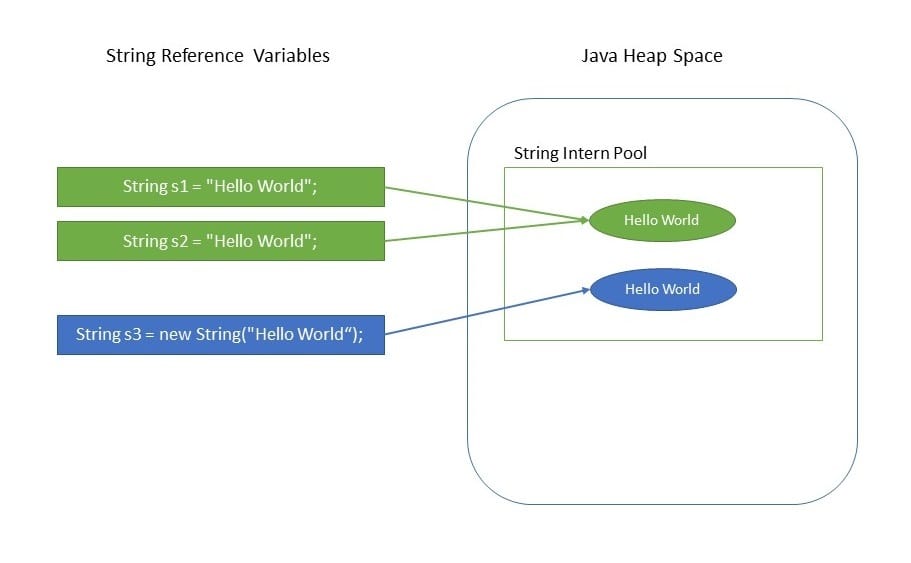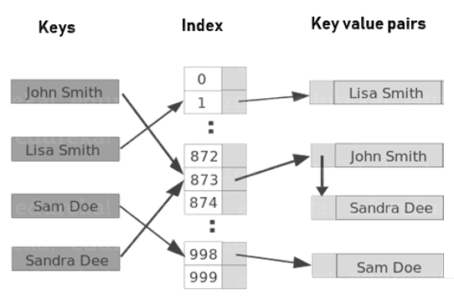Discovering the Benefits of Unalterable Strings in Modern Programming Paradigms
In the realm of modern shows paradigms, the idea of unalterable strings stands as a keystone of robust software application growth. The benefits they provide exceed mere ease; they basically alter the way information is managed within applications. By taking on immutable strings, developers can make sure boosted information honesty, boosted thread safety, simplified debugging processes, increased security measures, and efficient efficiency optimization. These benefits act as a testament to the profound impact that accepting immutability can have on the reliability and performance of software program systems.
Improved Information Integrity

By avoiding the modification of string items, immutability removes the danger of unintentional modifications to the data they hold. This not just boosts the protection of the information however also boosts the reliability of the code that counts on these strings.
Immutability additionally supports much safer multithreading environments, as concurrent access to immutable strings does not present the risk of information corruption via simultaneous alterations. This residential property streamlines the procedure of dealing with strings in parallel programming situations.
Essentially, immutability works as a safety guard around the information stored within strings, boosting their stability by making certain that once defined, their worths stay the same throughout the program's implementation.

Boosted String Safety
Unalterable strings enhance the thread safety of programs by making certain that as soon as a string things is produced, its worth can not be changed. This residential property eliminates the risk of simultaneous strings trying to modify the exact same string concurrently, which could lead to data corruption or irregular states in the program - Why are strings immutable in Java?. In a multi-threaded environment, where several strings access and control data concurrently, the immutability of strings provides a degree of safety and security by guaranteeing that the data continues to be the same throughout its lifecycle
Streamlined Debugging Processes
Provided the improved string security assisted in by unalterable strings, a substantial advantage occurs in the realm of streamlined debugging processes. Unalterable strings, when created, can not be modified, making it much easier to trace the circulation of data and determine the resource of insects in a program. This immutability guarantees that strings continue to be consistent throughout the implementation of the program, decreasing the likelihood of unanticipated changes that might cause errors.
When debugging with mutable strings, programmers commonly come across concerns where a string's value is modified inadvertently, making it challenging to pinpoint the origin of an insect. Nonetheless, with immutable strings, the data continues to be the same, enabling programmers to focus on assessing the actual logic of the code instead than locating where and when a string was changed incorrectly.
In addition, unalterable strings simplify the debugging process by making it possible for much easier recreation of pests. Given that immutable strings do not change state, developers can recreate and examine insects a lot more effectively, resulting in quicker identification and resolution of concerns within the codebase. This structured debugging process eventually adds to greater software quality and improved total development efficiency.

Boosted Safety Steps
Enhancing information defense and strengthening system integrity, the application of immutable strings in software application applications adds significantly to boosted security actions. Unalterable strings, once developed, can not be customized, offering a vital defense versus malicious tampering or unauthorized accessibility. By guaranteeing that sensitive data kept in strings stays unchanged throughout the program's implementation, the danger of data breaches or injection strikes is considerably reduced. Why are strings immutable in Java?. Unalterable strings likewise play an essential function in preventing usual protection vulnerabilities such as buffer overflows and SQL shot assaults, as efforts to control string information at runtime are inherently limited.
Moreover, the immutability of strings improves the predictability of program habits, making it less complicated to validate inputs and avoid unanticipated adjustments that can jeopardize security. This predictability simplifies the procedure of auditing and confirming code, making it possible for developers to determine prospective security loopholes better. Overall, incorporating immutable strings into software program advancement practices not only enhances the toughness and integrity of applications but also reinforces their resilience against safety risks.
Reliable Efficiency Optimization
Building upon the foundation click reference of raised security procedures accomplished via the use of immutable strings, an essential element to think about in software application advancement is effective efficiency optimization. When managing mutable strings, operations like concatenation or substring creation commonly lead to the creation of brand-new string items, causing memory overhead and raised handling time. Nevertheless, with immutable strings, these procedures can be maximized to enhance performance. By allowing strings to remain stable and continuous, unalterable strings assist in much better memory management and caching possibilities, inevitably boosting the general performance of the software application.
Given that unalterable strings can not be modified as soon as produced, they can be shared across strings without the threat of unforeseen changes, reducing the need for synchronization systems and boosting concurrency. Immutable strings simplify debugging processes as programmers can trust that a string's worth will stay constant throughout the program's implementation, removing possible errors caused by mutable state modifications.
Verdict
Finally, the advantages of utilizing unalterable strings in modern-day programming paradigms can not be overstated. Improved information honesty, improved string safety and security, simplified debugging processes, enhanced security steps, and reliable efficiency optimization all add to the total effectiveness of programs jobs. By including immutable strings right into shows techniques, developers can profit from a more reliable and robust codebase.
Immutability, a vital feature of strings in programming languages such as Java and Python, guarantees that when a string things is developed, it can not be changed or changed.Immutable strings enhance the thread safety of programs by ensuring that once a string things is developed, its worth can not be customized. Immutable strings also play an essential role in protecting against usual safety vulnerabilities such as buffer overflows and SQL injection attacks, as attempts to control string information at runtime are inherently restricted.
By allowing strings to continue Click This Link to be unchangeable and constant, immutable strings help with much better memory management and caching opportunities, ultimately improving the overall effectiveness of the software application.
Unalterable visit our website strings simplify debugging procedures as designers can rely on that a string's worth will continue to be constant throughout the program's implementation, eliminating potential mistakes triggered by mutable state changes.
 Jason J. Richter Then & Now!
Jason J. Richter Then & Now! Patrick Renna Then & Now!
Patrick Renna Then & Now! Marques Houston Then & Now!
Marques Houston Then & Now! Melissa Joan Hart Then & Now!
Melissa Joan Hart Then & Now! Meadow Walker Then & Now!
Meadow Walker Then & Now!